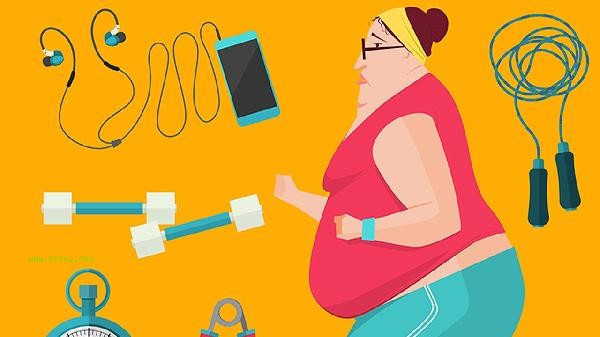Weight loss during lactation requires a balance between nutritional supply and weight control. It is recommended to achieve healthy weight loss through dietary adjustments and moderate exercise. breastfeeding weight loss should avoid rapid weight loss that affects milk quality. The main methods include controlling calorie intake, choosing low sugar foods, supplementing high-quality protein, engaging in mild aerobic exercise, and ensuring adequate sleep.

1. Control calorie intake
It is recommended to increase daily calorie intake by about 500 calories during lactation compared to non lactation. Total calorie intake can be controlled by reducing refined carbohydrates and high-fat foods. Replace white rice with whole grains, choose steaming cooking method, and avoid fried foods. Pay attention to supplementing nutrients such as calcium and iron that are easily lacking during lactation, and consume low-fat dairy products and lean meat in moderation.
2. Choose low glycemic index foods.
Prioritize foods with low glycemic index, such as oats, brown rice, and mixed beans, to help stabilize blood sugar levels. Vegetables can choose dark colored vegetables such as broccoli and spinach, while fruits are mainly low sugar fruits such as apples and blueberries. Avoid sugary drinks and desserts, which can easily lead to excessive calories and low nutritional value.
3. Supplement high-quality protein
The daily protein requirement during lactation is about 65 grams, and high-quality protein sources such as eggs, fish, and lean meat can be selected. Fish are rich in DHA, which helps with infant brain development. It is recommended to consume low mercury fish such as salmon 2-3 times a week. Plant protein can come from soy products and nuts, but nut intake should be controlled to avoid excessive calorie intake.

4. Engage in gentle aerobic exercise
Low intensity exercises such as walking and postpartum yoga can be started after 6 weeks postpartum, with 30-40 minutes per day being recommended. Avoid vigorous exercise that affects milk secretion, and pay attention to replenishing water before and after exercise. Pelvic floor muscle training and rectus abdominis muscle repair training should be prioritized, and the exercise intensity should be increased after the body recovers.
5. Ensure adequate sleep
Lack of sleep can increase cortisol levels and hinder weight loss. Try to rest in sync with the baby. After breastfeeding at night, avoid eating high calorie foods and prepare warm water or low-fat milk to alleviate hunger. Sharing parenting responsibilities with family members helps to obtain continuous sleep time and improve metabolic function.

Weight loss during lactation should be gradual and should not exceed 0.5 kilograms per week. In addition to diet and exercise, it is necessary to maintain a daily water intake of 2000 milliliters to promote metabolism. Avoid using weight loss drugs and excessive dieting, as these methods may affect milk secretion and infant health. Regularly monitor weight changes, and adjust weight loss plans if symptoms such as significantly reduced milk production or dizziness and fatigue occur. Persisting in breastfeeding itself can burn extra calories, and combining scientific diet and moderate exercise can achieve healthy weight loss.








Comments (0)
Leave a Comment
No comments yet
Be the first to share your thoughts!